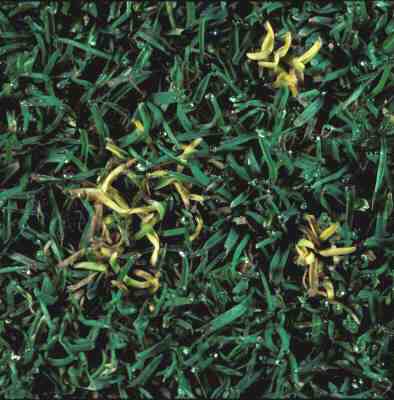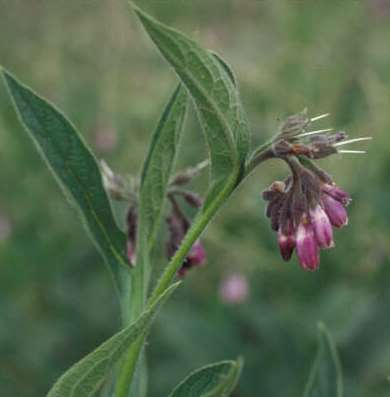WSU Extension presents
Ornamentals
> > > 423 Fact Sheets
Tree Fruits
> > > 152 Fact Sheets
Small Fruits
> > > 63 Fact Sheets
Vertebrates
> > > 5 Fact Sheets
Common Problems
> > > 56 Fact Sheets
Natural Enemies
> > > 39 Fact Sheets
Pollinators
> > > 27 Fact Sheets













